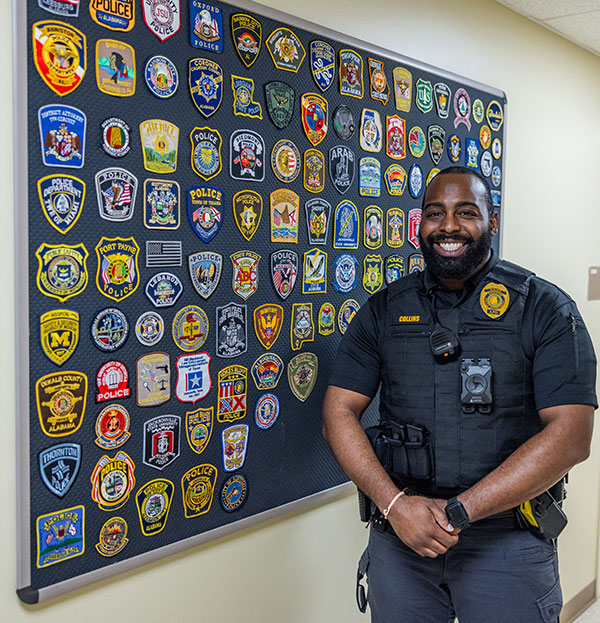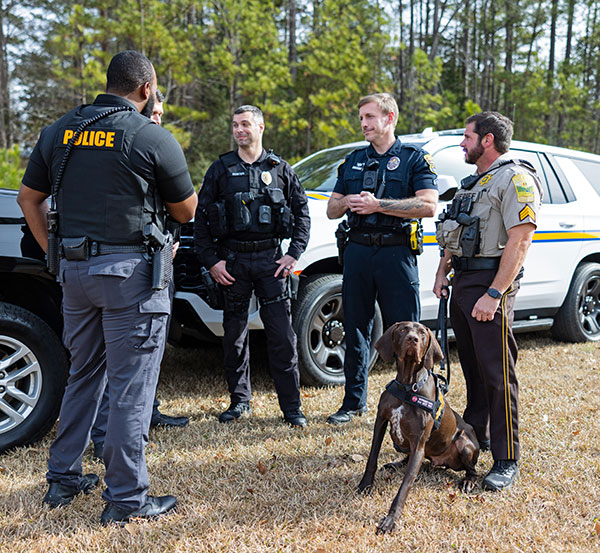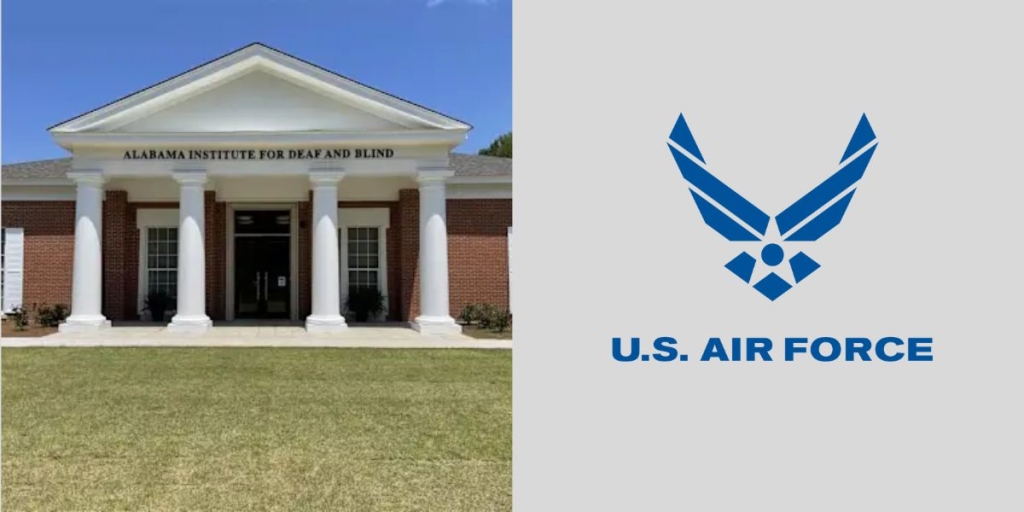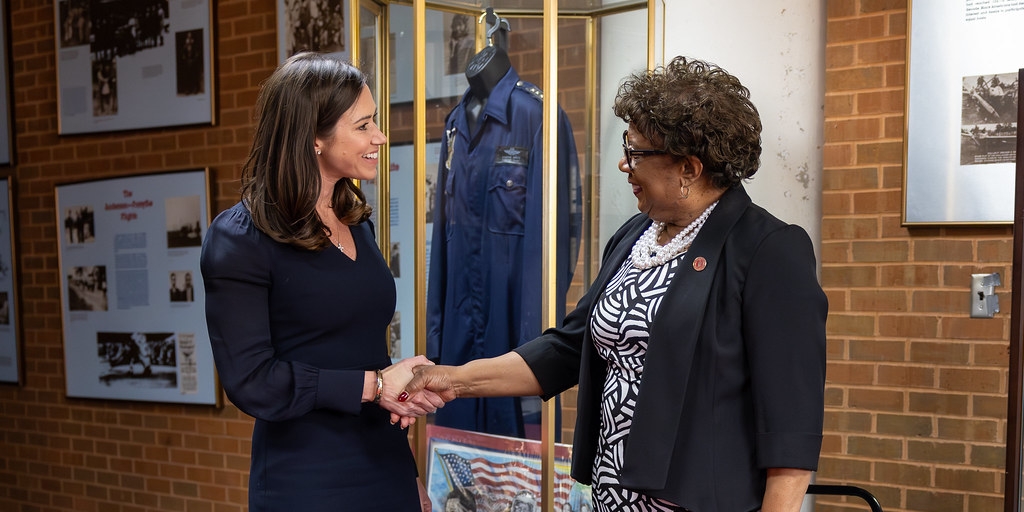Alabama police officers who aspire to lead departments and agencies now have access to a program specifically designed to help them reach their goals. Jacksonville State University has officially opened Southeastern Leadership Command College, dedicated to preparing law enforcement officers for senior leadership roles.
 “For more than 50 years, Jacksonville State has been the torchbearer for police education and training in Northeast Alabama,” said JSU President Don C. Killingsworth, Jr. during a ribbon cutting on Jan. 8. “Over the past decade, the university has widened its reach, offering comprehensive training and resources to support officers at every stage of their careers throughout the State of Alabama.”
“For more than 50 years, Jacksonville State has been the torchbearer for police education and training in Northeast Alabama,” said JSU President Don C. Killingsworth, Jr. during a ribbon cutting on Jan. 8. “Over the past decade, the university has widened its reach, offering comprehensive training and resources to support officers at every stage of their careers throughout the State of Alabama.”
The university is home to the Northeast Alabama Law Enforcement Academy, which has trained 15,000 law enforcement officers on campus since it was established in 1972. Additionally, the JSU Department of Criminal Justice and Forensic Investigation offers top-ranked degree programs for students pursuing careers in law enforcement, including the state’s only Bachelor of Science in Forensic Investigation.
To support the continuing education of law enforcement statewide, Jax State has developed several unique training programs over the past decade, including the Center for Applied Forensics, Center for Best Practices in Law Enforcement – funded and supported by the Alabama Legislature as well as the Alabama Investigator Academy – and the new Command College.
“Jacksonville State has a long and established history in law enforcement training,” said Randy Jones, chair of the JSU Board of Trustees. “The Board of Trustees is committed to making this program the gold standard for the nation. We look forward to serving the state and serving citizens with the best law enforcement training in the country.”
Southeastern Leadership Command College will build on the university’s existing programs, providing professional development to senior leaders – such as police chiefs and sheriffs – while grooming those at the sergeant and lieutenant levels for leadership roles. It is housed at the university’s facility at the former Fort McClellan, along with its fellow law enforcement programs:
- The Center for Applied Forensics, which provides education, technical expertise and investigative services to law enforcement agencies across the state, training more than 4,000 officers, processing more than 400 crime scenes and solving 324 cases to date. Its new Cold Case Program is working to help departments close unsolved homicide cases.
- The Center for Best Practices in Law Enforcement, which supplements the education and training of police officers across the state. To date, it has hosted 166 training sessions on a variety of topics, serving approximately 6,000 officers.
- Alabama Investigator Academy, a partnership between the Center for Best Practices in Law Enforcement and the Alabama Peace Officers Standards and Training Commission (APOSTC), trains newly promoted investigators across Alabama. It’s the first program of its kind in the state.
 “When you look at the value of what JSU has done, it is not just the investment in law enforcement – it is the fact that you have told a mother whose child is a victim of a violent crime that we are going to support you in finding the person who committed that offense and find justice,” Alabama Attorney General Steve Marshall said during the ribbon cutting. “While you have had a broad impact on people who have come through these doors, it’s the communities in which they came from where you will make the most impact.”
“When you look at the value of what JSU has done, it is not just the investment in law enforcement – it is the fact that you have told a mother whose child is a victim of a violent crime that we are going to support you in finding the person who committed that offense and find justice,” Alabama Attorney General Steve Marshall said during the ribbon cutting. “While you have had a broad impact on people who have come through these doors, it’s the communities in which they came from where you will make the most impact.”
Command College is now enrolling students in its first cohort, set to begin in March. The nine-week program will center on general management and leadership principles, including conflict resolution, fiscal responsibilities, and the political, legal and social environment in law enforcement. Admission is open to any Alabama police officer who holds the rank of sergeant or above. The program is free for sworn law enforcement officers in Alabama.
For more information, contact the Center for Best Practices in Law Enforcement at [email protected].













